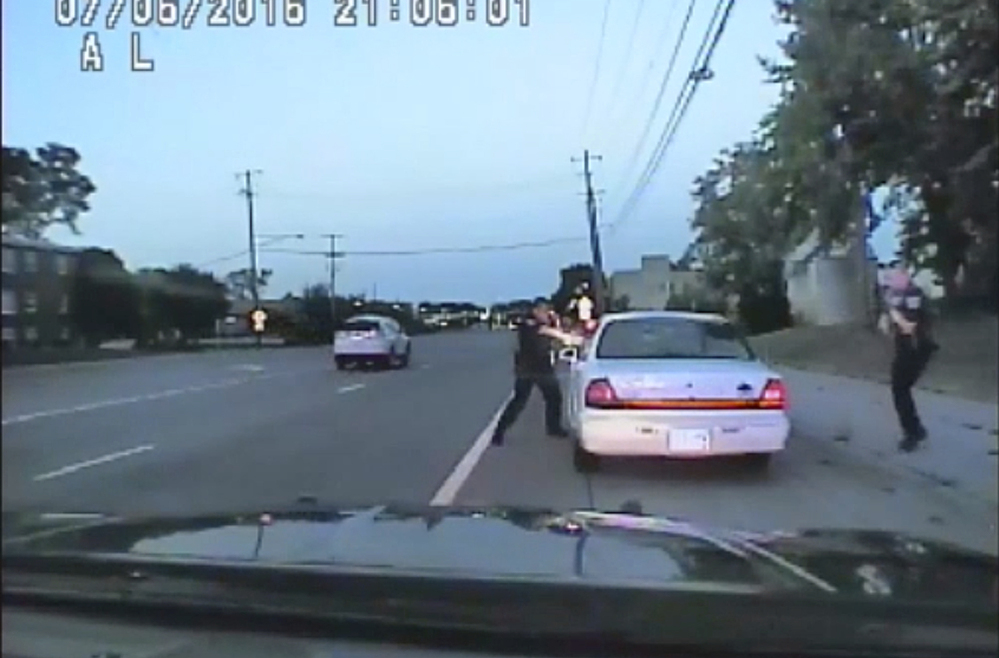A Minnesota jury has acquitted police Officer Jeronimo Yanez of all charges in last year’s fatal shooting of Philando Castile, a 32-year-old black man and longtime school cafeteria worker. The verdict, the result of a two-and-a-half-week trial and 27 hours of jury deliberations, must be accepted. But that doesn’t mean it shouldn’t be questioned, particularly in light of the release of a video that shows the shooting and its startling details.
It appears Castile did everything asked of him, so why did he end up losing his life? Did his race play a role in his car being pulled over or factor into the officer’s decision to shoot? These questions point to the need for an independent review by federal law enforcement to determine if his civil rights were violated and if there are systemic problems in the police force. Can the Trump administration acknowledge that need?
Castile’s death last July, one of a number of police shootings of black men that have fueled a national debate, struck a chord when the terrible moments after Castile was shot were live-streamed on Facebook by his girlfriend, Diamond Reynolds. A police dashboard-camera recording of the shooting, shown at the trial but not made public until Tuesday, is even more painful to watch.
The video starts with Castile being pulled over, ostensibly for a broken brake light. He is polite. He quickly hands over his insurance card. He volunteers that he has a firearm on him, which he has a permit to carry. The officer reaches for his holster and instructs him not to reach for the gun. Castile starts to answer but is cut off by the officer, who raises his voice. “I’m not pulling it out,” Castile says and Reynolds also tries to reassure the officer. The officer yells and fires seven shots, striking Castile five times. “I wasn’t reaching” are Castile’s last words. Everything happens within the space of seconds, and afterward the officer is emotional and agitated as he yells an expletive over and over and over. Reynolds is comforted by her 4-year-old daughter: “Mom, please stop saying cuss words and screaming … I don’t want you to get shooted.”
The video doesn’t show the car’s front seat, and, one juror told reporters, that created reasonable doubt about what happened. Yanez testified he feared for his life. The law gives broad latitude to police – based on their perception of danger – to use lethal force.
As a result, criminal convictions are rare. An officer in Tulsa was acquitted last month in the shooting death of an unarmed black man, and a former Milwaukee officer was acquitted Wednesday in the death of a black man who was fleeing.
There should be no surprise, then, at the angry assessment of Castile’s mother that “the system continues to fail black people.” Only small comfort can be taken from the fact that Yanez is no longer employed on the City of St. Anthony police force. A Justice Department review of that force, announced last year, should be vigorously pursued despite the change in administrations to one openly disdainful of the need for police reform. How a traffic stop of a man on his way home from getting groceries with his girlfriend and her daughter ended with gunfire and death demands better answers than have so far been supplied.
Send questions/comments to the editors.


